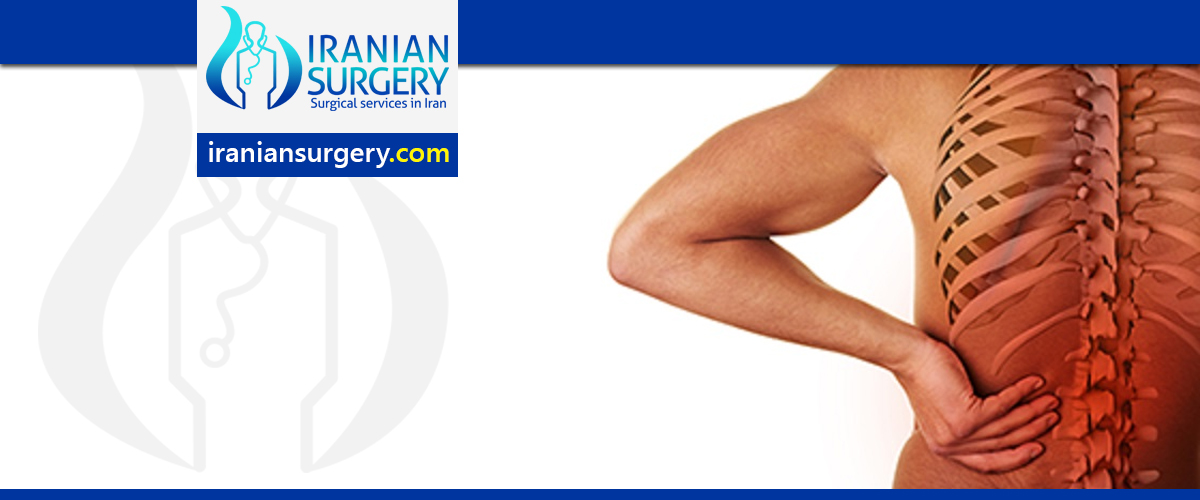Slipped disc (herniated disc)

How is a Slipped disc (herniated disc) diagnosed?
How does a slipped disc feel?
How long does a slipped disc take to heal?
How painful is a slipped disc?
How is a Slipped disc (herniated disc) diagnosed?
Your health care provider will begin an evaluation with a complete physical examination and medical history, including a review of your symptoms. He or she might perform a neurological exam to test your muscle reflexes, sensation, and muscle strength.
The health care provider might use certain other diagnostic tests to confirm the diagnosis and to better evaluate the site and extent of the herniation. These tests might include:
- X-ray— X-rays use small doses of radiation to produce images of the body. An X-ray of the spine might be done to rule out other causes of the back or neck pain.
- MRI or CT scan— Magnetic resonance imaging (MRI) and computed tomography (CT) scans can show narrowing of the spinal canal caused by a herniation.
- Myelogram— This is an injection of dye into the spinal canal followed by a CT scan. A myelogram can help pinpoint the size and location of the herniation.
- EMG— An electromyelogram (EMG) involves placing small needles into various muscles and measuring electrical activity. The muscle's response, which indicates the degree of nerve activity, is measured. An EMG can help determine which nerve root or roots are being affected by the disk herniation.
Read more about: Herniated Disc Surgery
Read more about: Herniated disc treatment
Read more about : Cycling after knee arthroscopy
Read more about : Heart attack
Read more about : Open heart surgery
Read more about : Arachnoid Cyst Treatment
Read more about: Herniated Disc Surgery
Read more about: How to treat a herniated disc without surgery

Your doctor may also perform a neurological exam to check your:
- Reflexes
- Muscle strength
- Walking ability
- Ability to feel light touches, pinpricks or vibration
How does a slipped disc feel?
If you have a herniated lumbar disc, you may feel pain that radiates from your low back area, down one or both legs, and sometimes into your feet (called sciatica). You may feel a pain like an electric shock that is severe whether you stand, walk, or sit.
How long does a slipped disc take to heal?
The pain from a herniated disc will get better within a couple days and completely resolve in 4 to 6 weeks. Restricting your activity, ice/heat therapy, and taking over the counter medications will help your recovery.
How painful is a slipped disc?
The pain is a result of spinal nerve inflammation and swelling caused by the pressure of the herniated disc. Over time, the herniation tends to shrink and you may experience partial or complete pain relief. In most cases, if low back and/or leg pain is going to resolve it will do so in about 6 weeks. Symptoms of a herniated disc vary greatly depending on the location of the herniation and your own response to pain. If you have a herniated lumbar disc, you may feel pain that radiates from your low back area, down one or both legs, and sometimes into your feet (called sciatica). You may feel a pain like an electric shock that is severe whether you stand, walk, or sit. Activity such as bending, lifting, twisting, and sitting may increase the pain. Lying flat on your back with knees bent may be the most comfortable because it relieves the downward pressure on the disc.
Sometimes the pain is accompanied by numbness and tingling in your leg or foot. You may experience cramping or muscle spasms in your back or leg.
Read more about : Total knee replacement
Read more about : Carpal Tunnel Surgery
Read more about : Herniated disk treatment
Read more about : Knee Ligament Repair
Read more about : Hip replacement
10 common questions about Slipped disc (herniated disc)
[kkstarratings]

